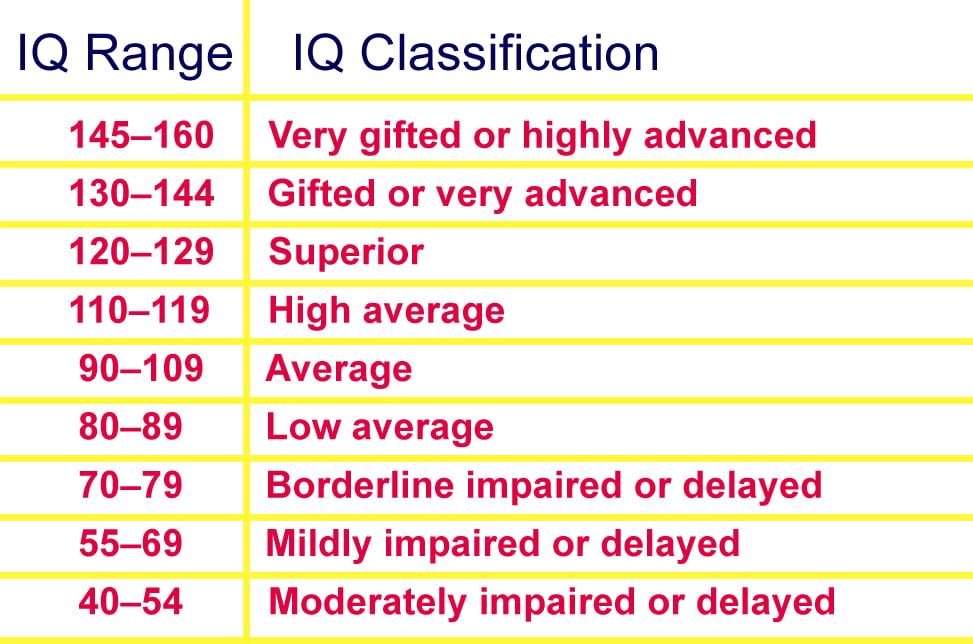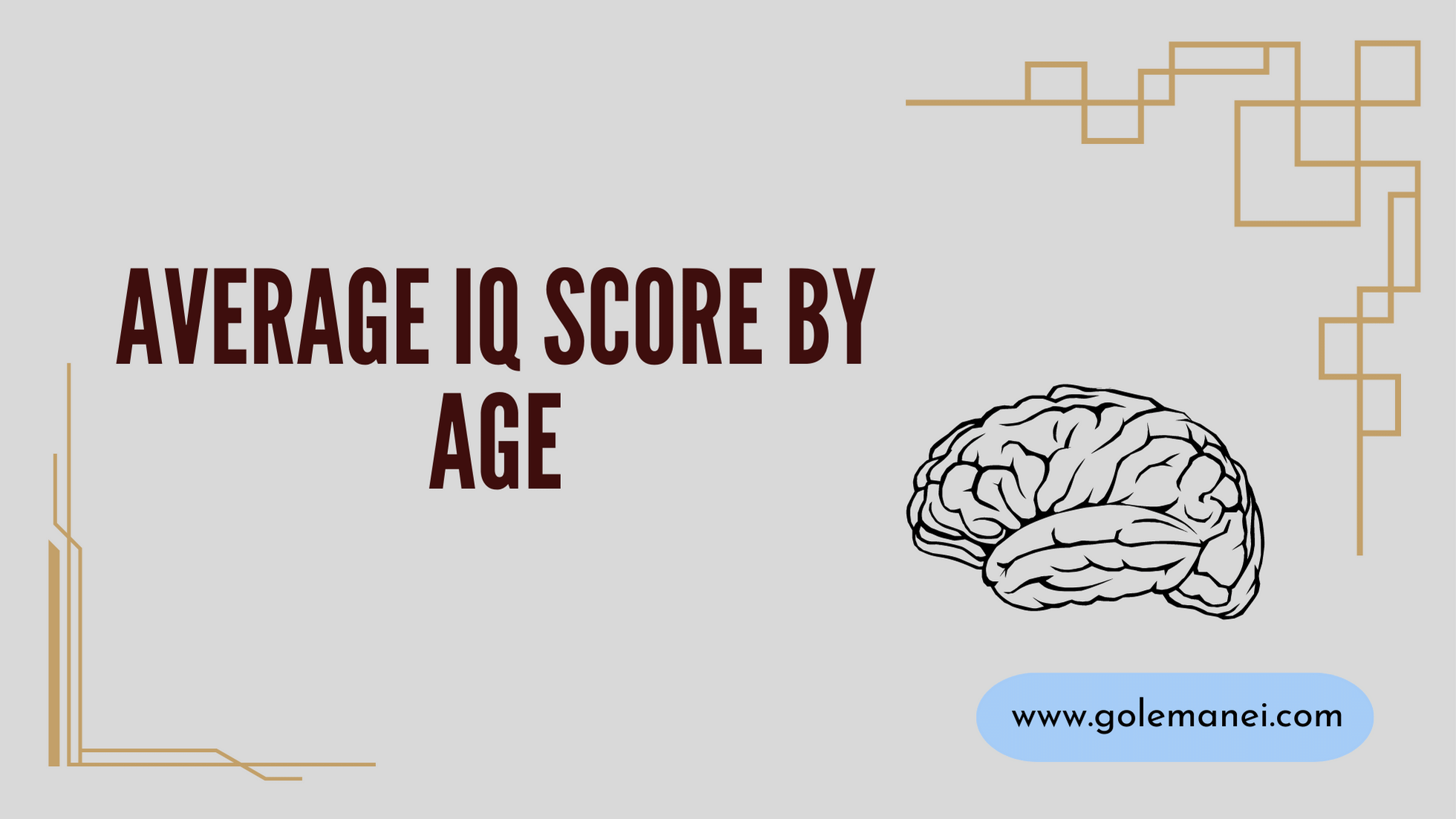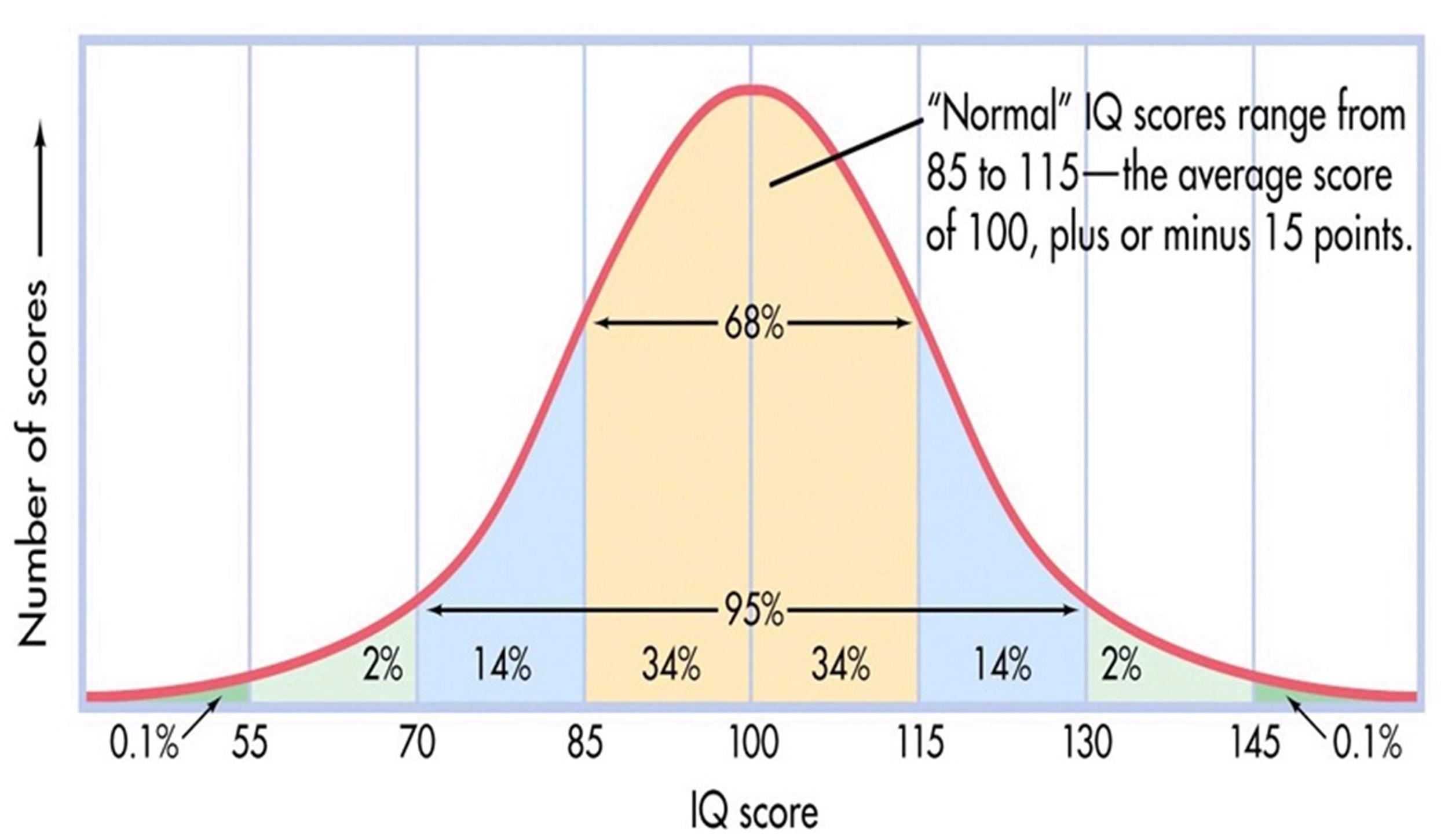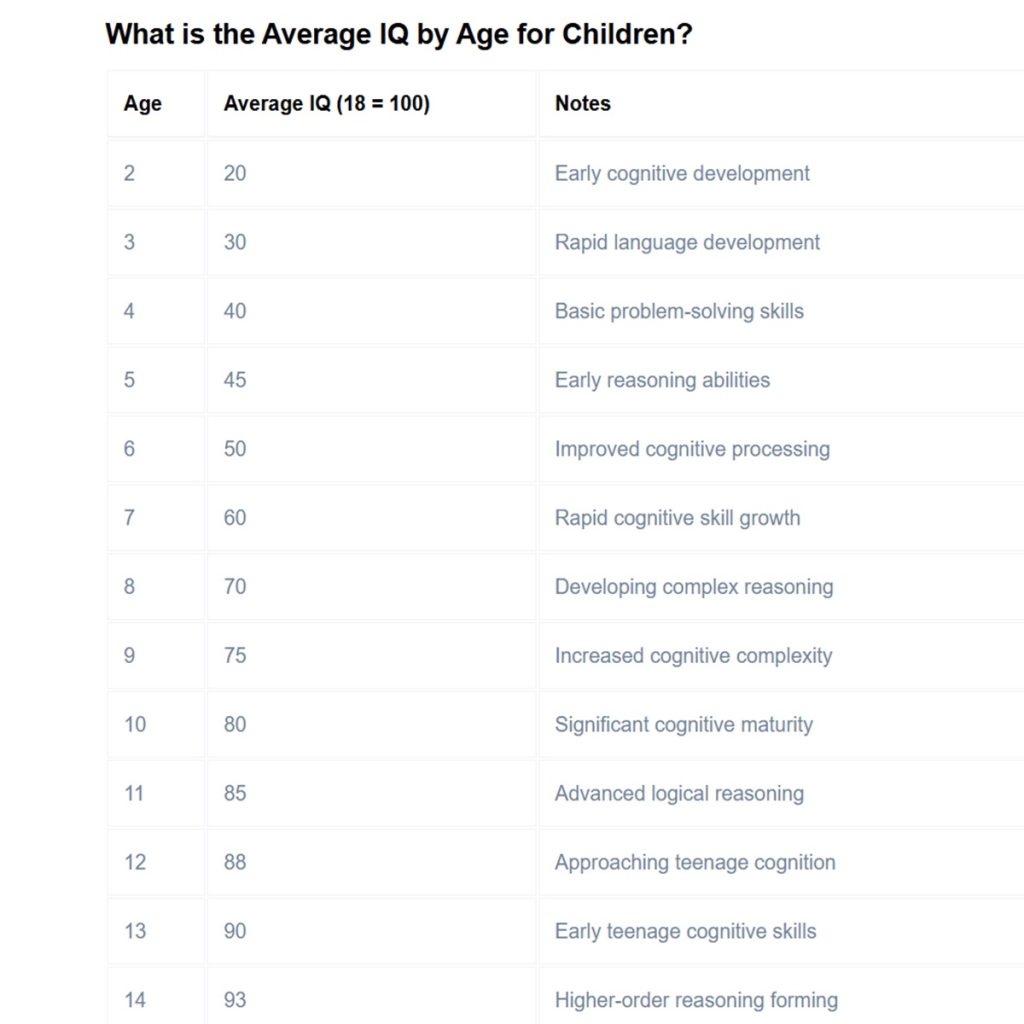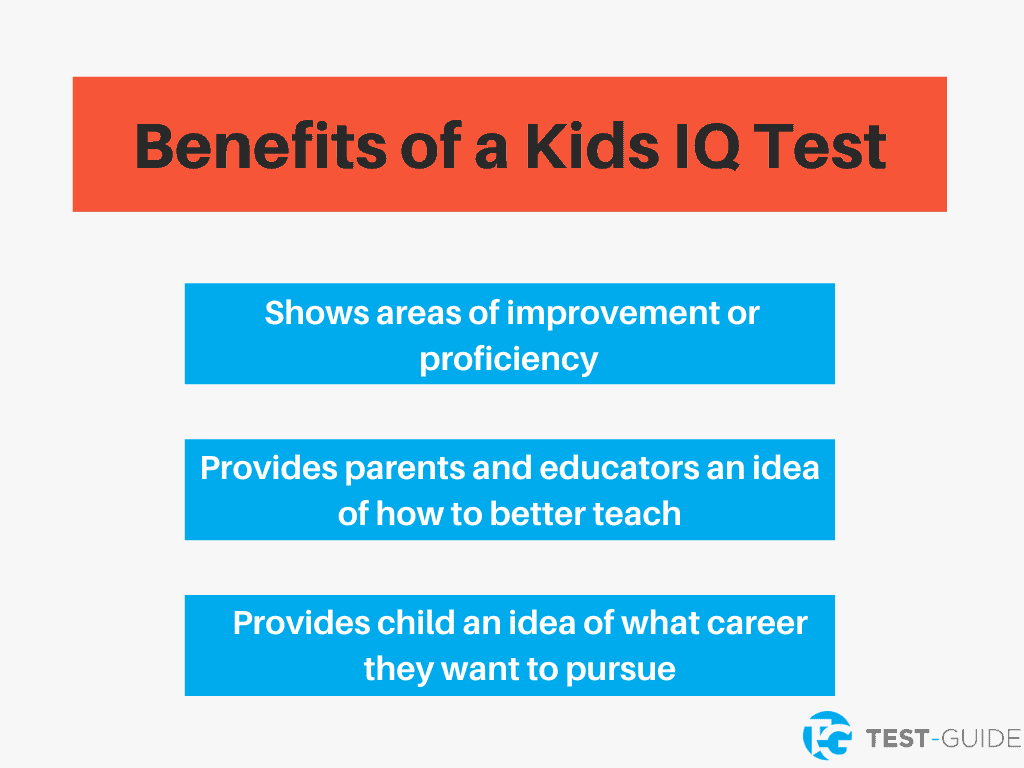Average Iq For 12 Year Old
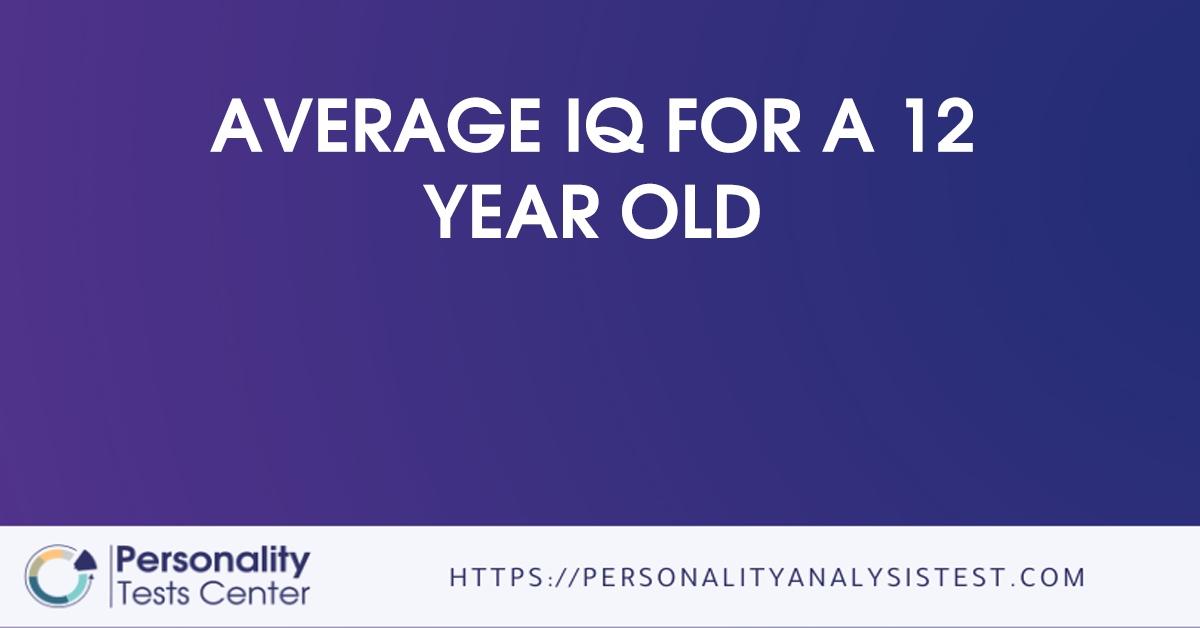
Imagine a bustling school hallway, filled with the chatter of 12-year-olds. Backpacks jostle, laughter echoes, and minds are buzzing with the day's lessons, weekend plans, and the latest trends. Among this vibrant mix of personalities and interests, there's a common thread: the incredible journey of learning and development each child is undertaking.
At the heart of this journey, the concept of intelligence, often measured by IQ, plays a role, albeit a nuanced one. While the "average IQ for a 12-year-old" is often cited as around 100, it's crucial to understand what this number truly represents and, more importantly, what it doesn't.
Understanding IQ Scores
An IQ, or Intelligence Quotient, score is a standardized way to compare an individual's cognitive abilities to those of their age group. These tests assess various cognitive skills, including problem-solving, reasoning, memory, and verbal comprehension.
The resulting score is then placed on a scale where the average, statistically speaking, is 100. Scores are distributed around this average, forming a bell curve.
This means approximately 68% of individuals within a specific age range will score between 85 and 115. For 12-year-olds, this range holds true, though individual variations are expected and entirely normal.
The Significance of Age
It's essential to remember that IQ scores are age-normed. This means that a 12-year-old's score is compared to other 12-year-olds, not to adults or younger children.
The tests are designed to account for the cognitive development expected at that particular age. As children grow and learn, their cognitive abilities naturally evolve.
Therefore, a consistent IQ score over time doesn't necessarily indicate that their intelligence is static, but rather that their cognitive development is progressing at a rate comparable to their peers.
Beyond the Number: The Real Picture of Intelligence
While the average IQ for a 12-year-old provides a statistical reference point, it is crucial to understand its limitations. It is not a definitive measure of a child's potential, future success, or overall worth.
IQ tests capture only a snapshot of certain cognitive abilities at a particular point in time.
They do not encompass the full spectrum of human intelligence and capabilities. Many crucial aspects like creativity, emotional intelligence, practical skills, artistic talent, and social competence are not directly measured by standardized IQ tests.
The Influence of Environmental Factors
A child's environment plays a significant role in shaping their cognitive development and, consequently, their IQ score. Factors such as access to quality education, nutrition, healthcare, and a stimulating home environment can all impact a child's cognitive abilities.
Children from disadvantaged backgrounds may face barriers to cognitive development that are not reflected in their innate potential.
Therefore, it's important to interpret IQ scores within the context of a child's individual circumstances and experiences.
Multiple Intelligences
The theory of multiple intelligences, proposed by Howard Gardner, suggests that intelligence is not a single, unified entity, but rather a collection of distinct and relatively independent abilities.
Gardner initially identified eight intelligences: linguistic, logical-mathematical, spatial, bodily-kinesthetic, musical, interpersonal, intrapersonal, and naturalistic.
This perspective emphasizes that individuals can excel in different areas, and a low score in one area doesn't negate their potential in others. While IQ tests typically focus on linguistic and logical-mathematical abilities, they may not capture a child's strengths in other areas.
The Dangers of Overemphasis
Focusing too heavily on IQ scores can have detrimental effects on a child's self-esteem, motivation, and overall well-being. Labeling a child based on their IQ can create self-fulfilling prophecies and limit their opportunities.
Children who are perceived as "less intelligent" may be discouraged from pursuing challenging goals or developing their full potential.
Conversely, children who are labeled as "gifted" may face undue pressure to perform and meet unrealistic expectations. It is crucial to celebrate each child's unique strengths and encourage them to pursue their passions, regardless of their IQ score.
Nurturing Growth and Development
Instead of fixating on a single number, parents and educators should focus on creating a supportive and enriching environment that fosters a child's overall growth and development. This includes providing opportunities for exploration, experimentation, and creativity.
Encourage children to develop a growth mindset, which emphasizes the importance of effort, perseverance, and learning from mistakes. Celebrate their progress and achievements, and help them to identify and cultivate their individual strengths.
Ultimately, the goal should be to help children develop into well-rounded individuals who are confident, capable, and passionate about learning.
A More Holistic Approach
A truly comprehensive assessment of a 12-year-old's capabilities extends far beyond a single IQ score. It involves observing their behavior in different settings, understanding their learning styles, and considering their social and emotional development.
Educators and parents should work together to create a personalized learning experience that meets each child's individual needs.
This approach recognizes that every child is unique and has the potential to succeed in their own way.
Resources and Support
There are numerous resources available to support children's cognitive development. Educational games, puzzles, and activities can help to stimulate their minds and enhance their problem-solving skills. Libraries and community centers offer a wide range of programs and resources for children of all ages.
Parents can also seek guidance from educational psychologists and counselors who can provide personalized advice and support.
These professionals can help to identify any learning challenges and develop strategies to address them.
Conclusion: Seeing the Whole Child
The average IQ for a 12-year-old is a statistic, a data point. It offers a glimpse into a specific aspect of cognitive ability, but it doesn't tell the whole story. Each child is a universe of potential, brimming with unique talents, passions, and dreams.
Rather than focusing solely on numbers, let us celebrate the individuality of each 12-year-old, nurture their strengths, and encourage them to become the best versions of themselves.
By embracing a holistic perspective and providing a supportive environment, we can help all children thrive, regardless of their IQ score.
![Average Iq For 12 Year Old Average IQ For A 12 Year Old Boy [Best Guide]](https://personalityanalysistest.com/wp-content/uploads/2022/01/what-is-the-average-iq-for-a-12-year-old-boy.jpg)
![Average Iq For 12 Year Old Whats The Average IQ For A 12 Year Old [Best Guide]](https://personalityanalysistest.com/wp-content/uploads/2022/01/average-iq-score-768x576.jpg)
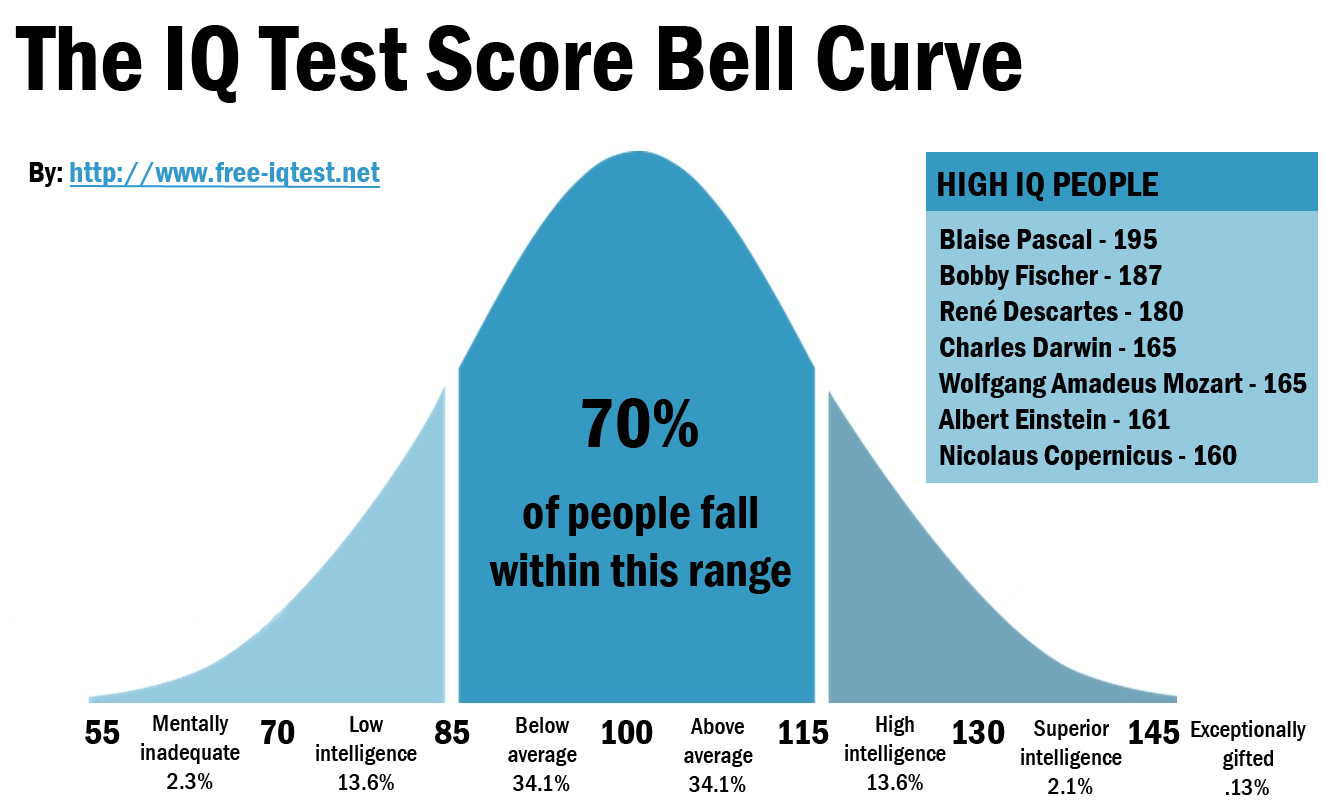
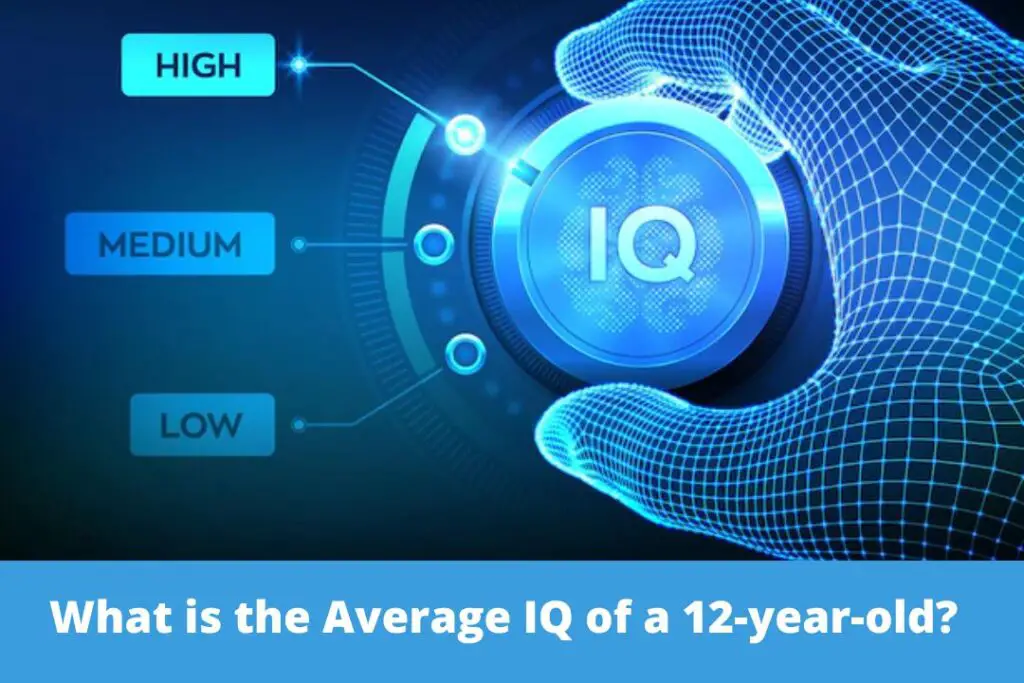


![Average Iq For 12 Year Old What Is The Average IQ By Age [Best Guide]](https://personalityanalysistest.com/wp-content/uploads/2022/01/average-iq-768x576.jpg)
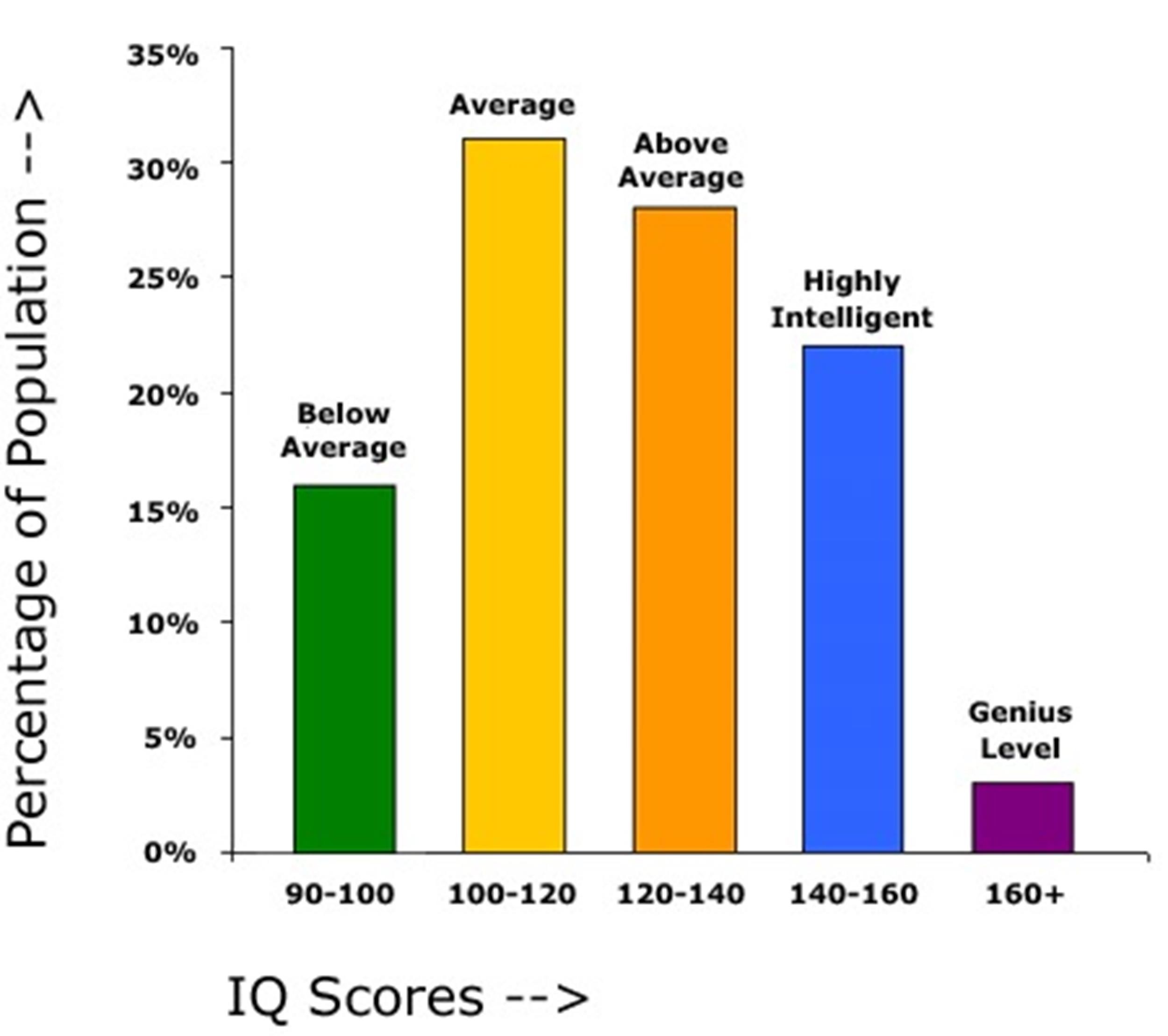
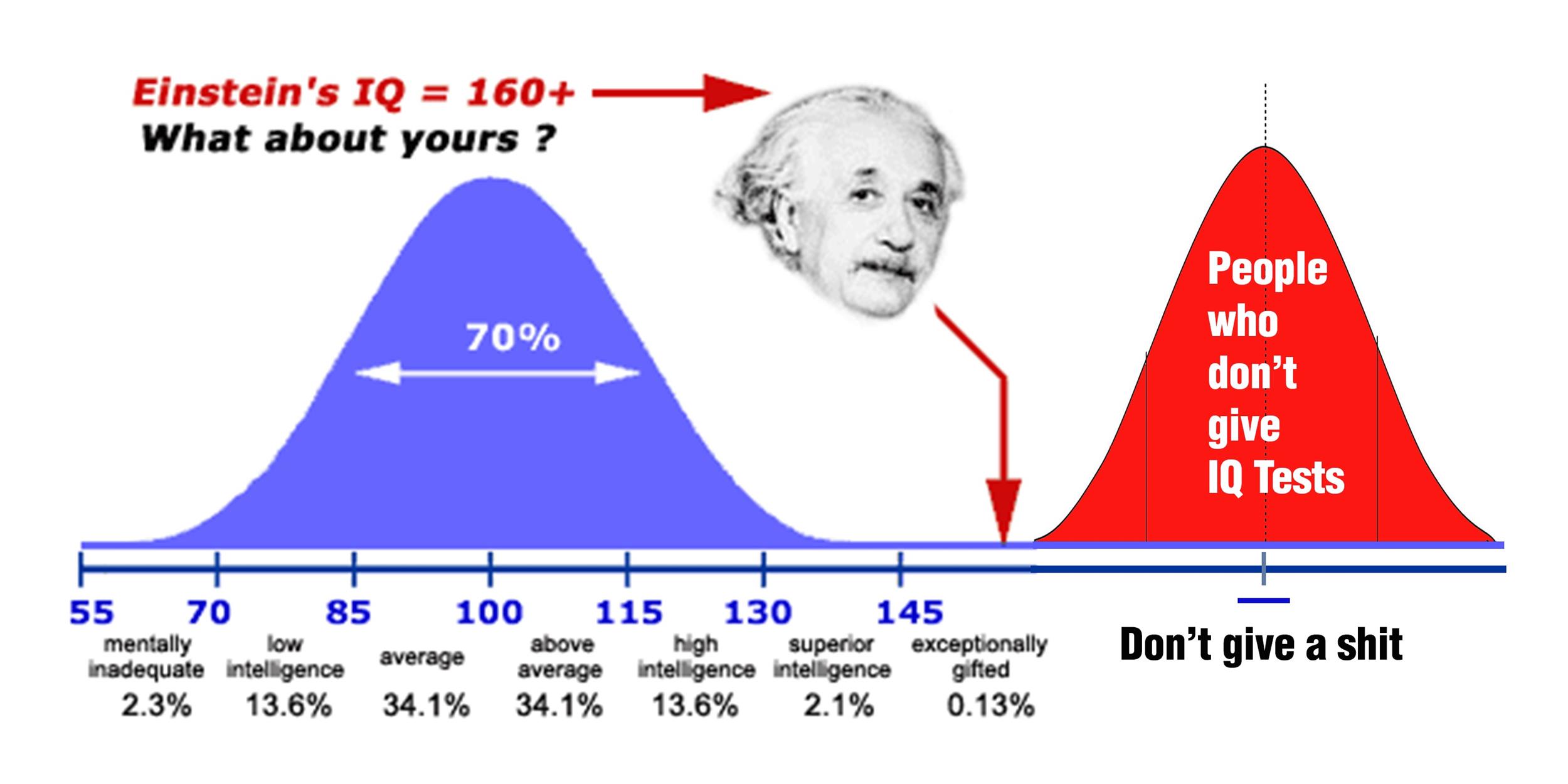

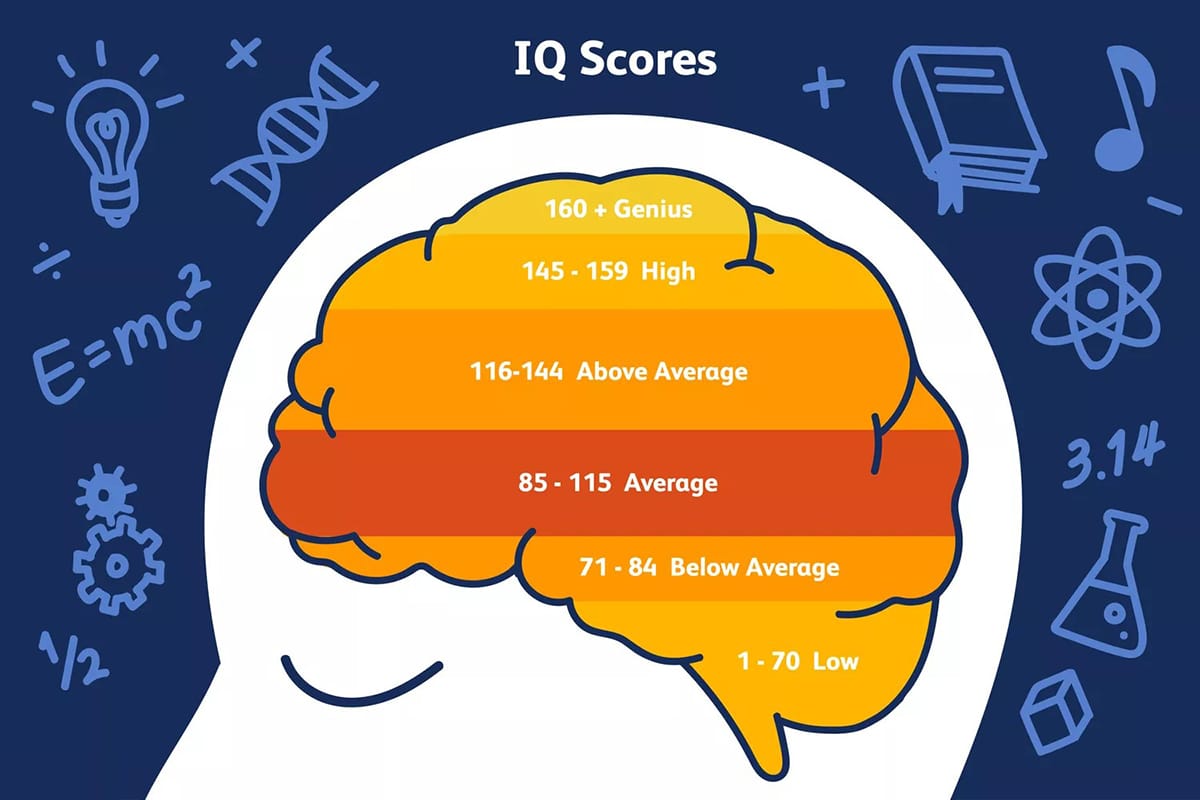
![Average Iq For 12 Year Old What Is The Average IQ By Age [Best Guide]](https://personalityanalysistest.com/wp-content/uploads/2022/01/high-iq-score.jpg)
/2795284-article-what-is-the-average-iq-5aa00dbc1d640400378bdacb.png)
